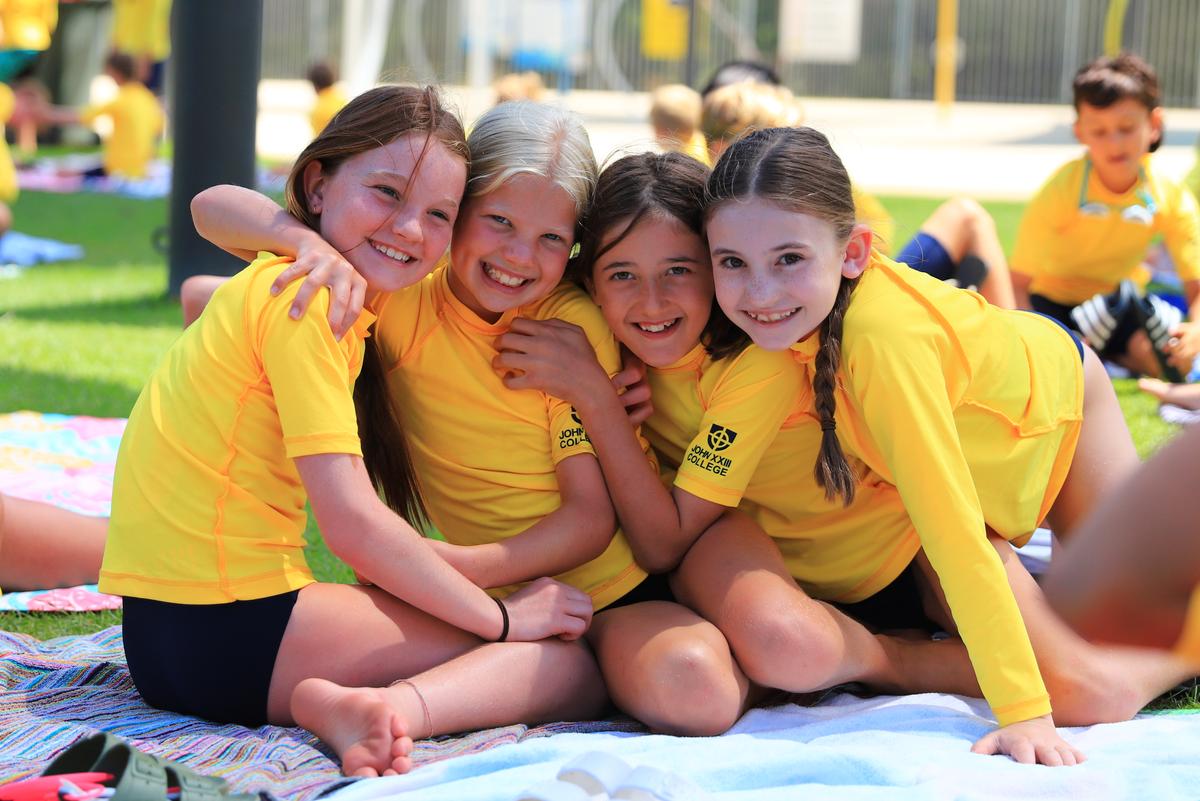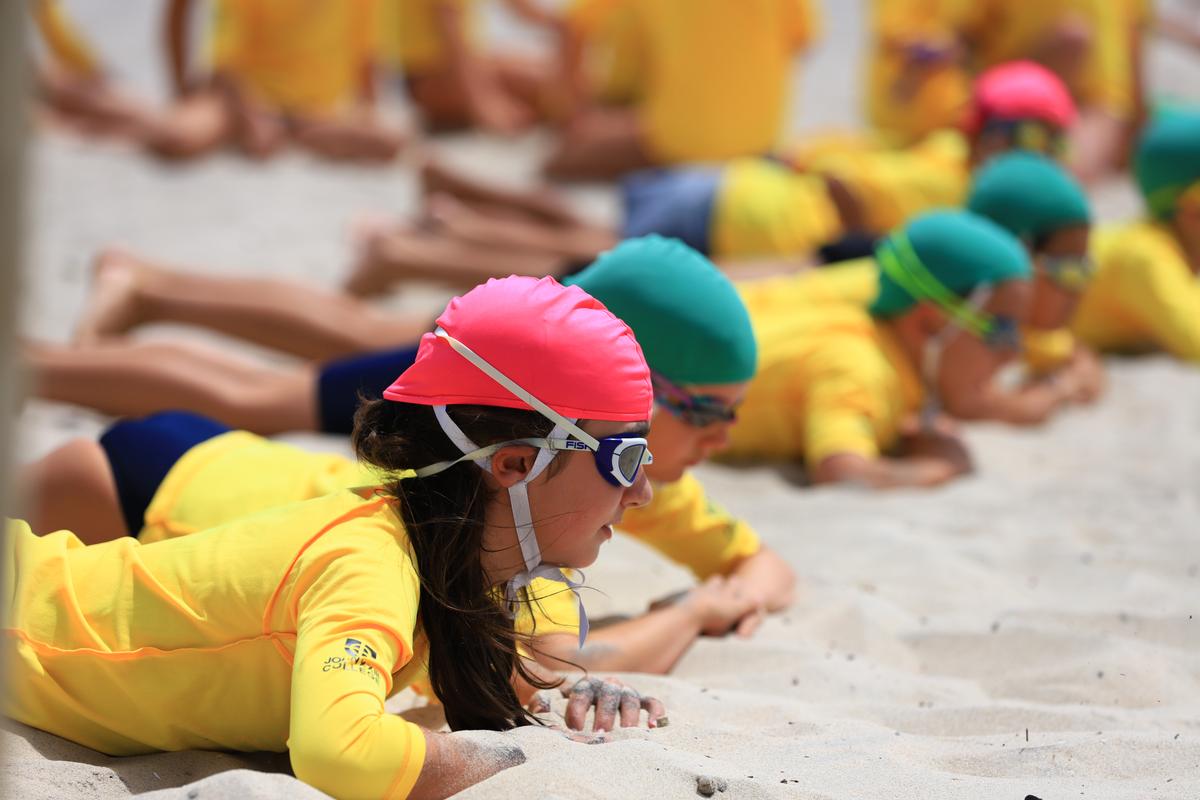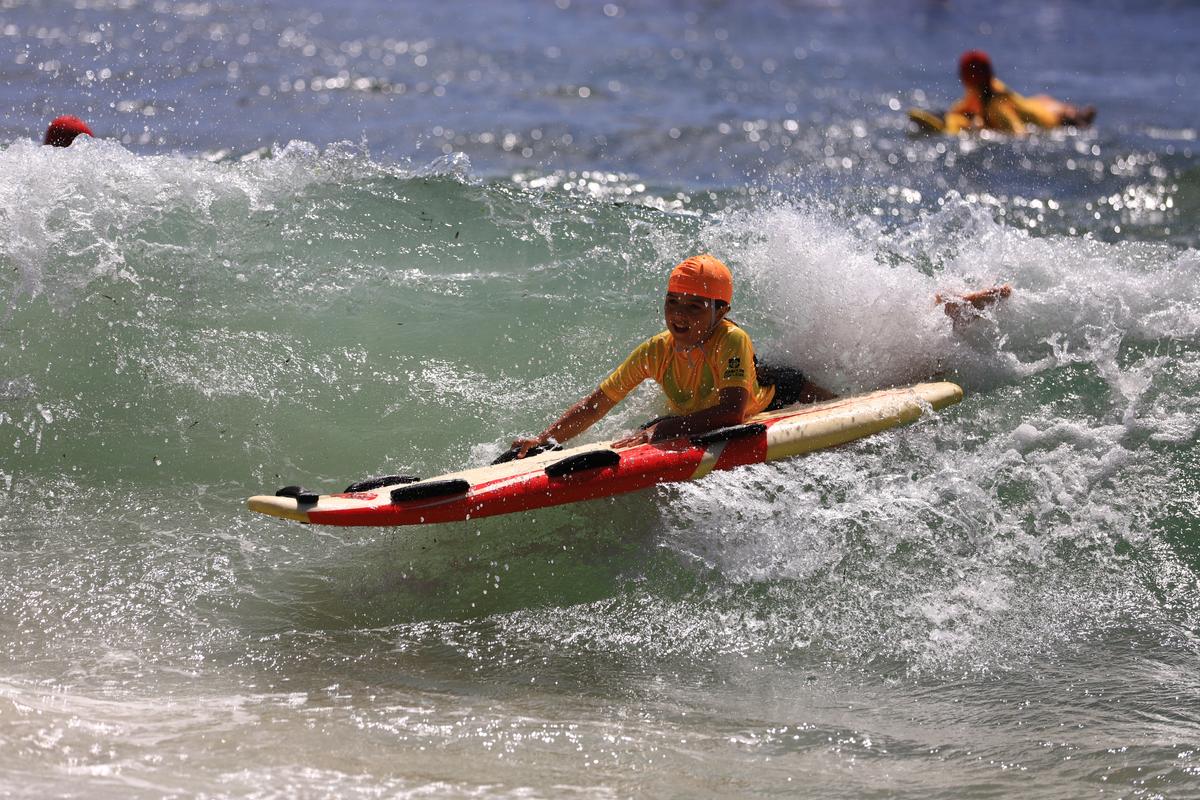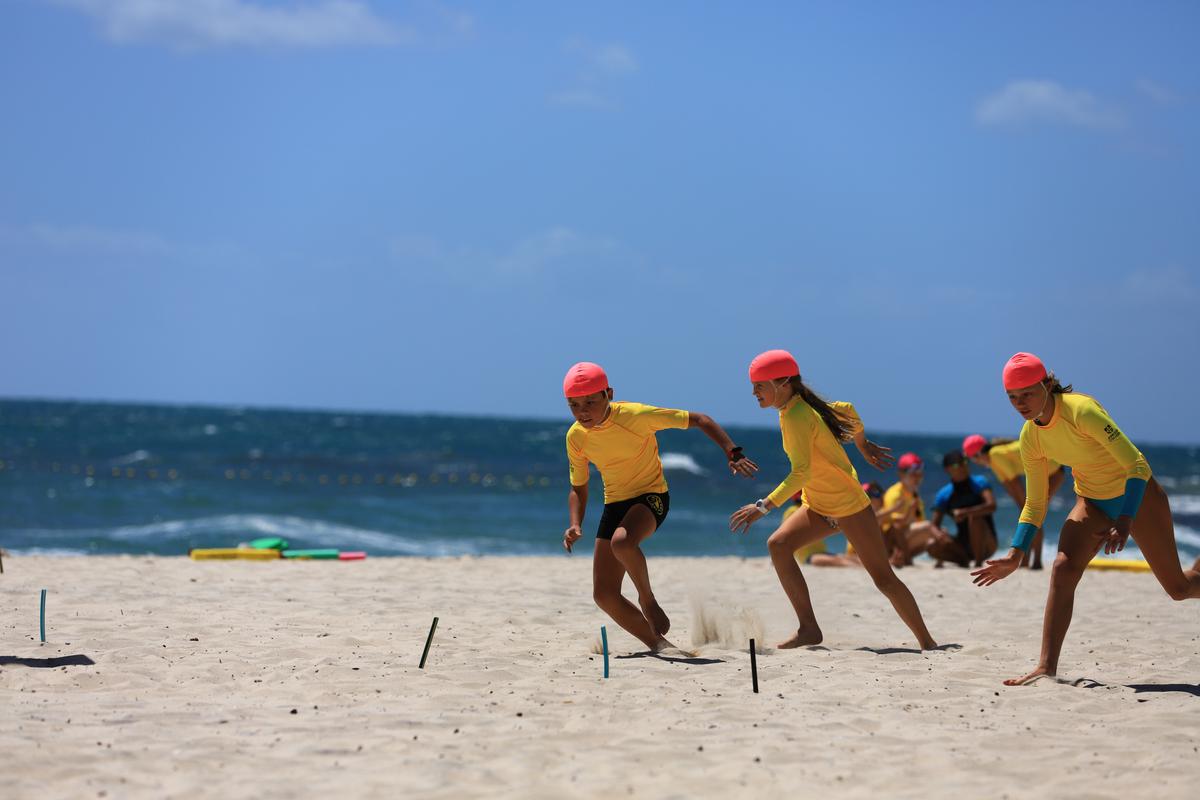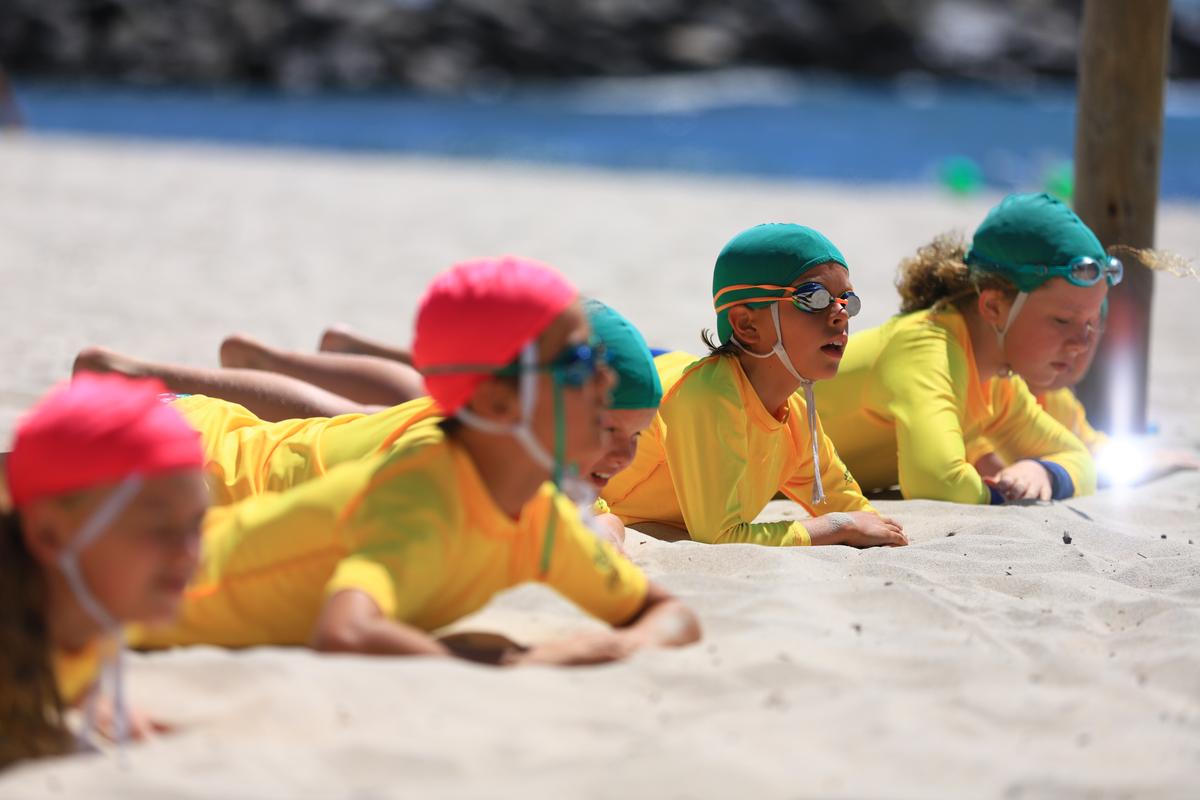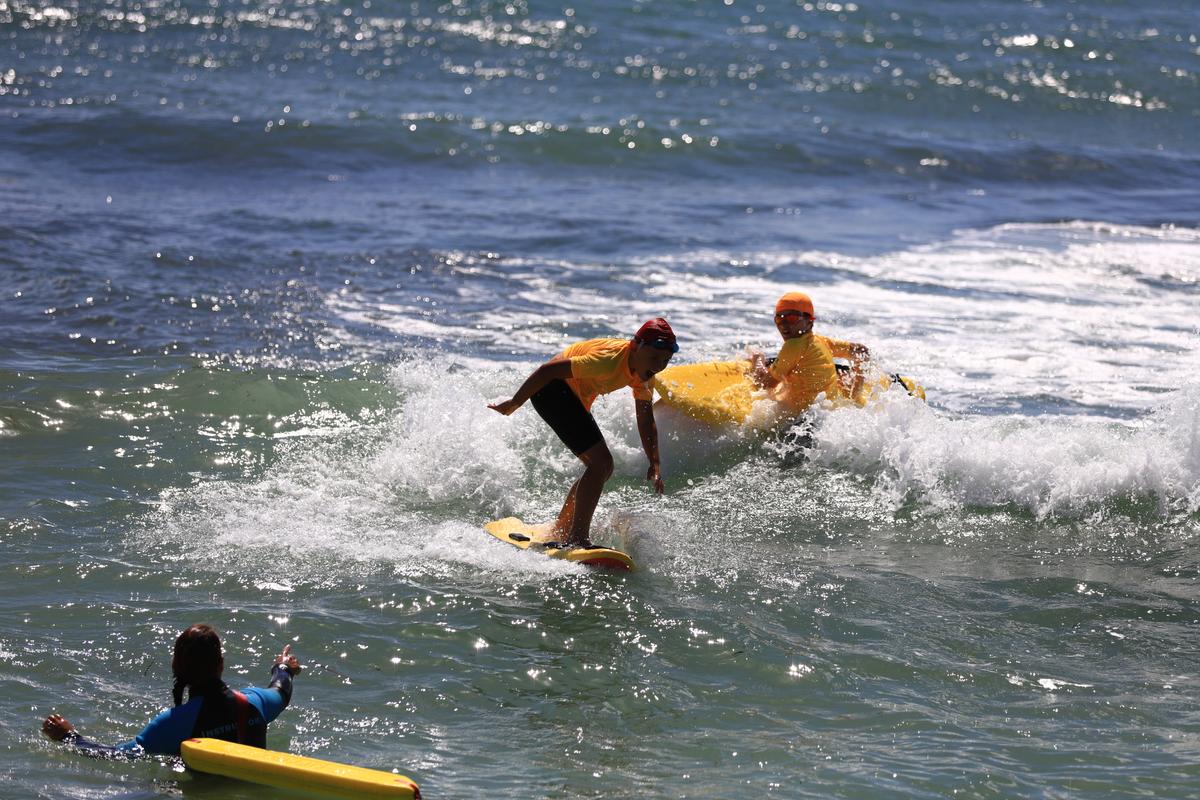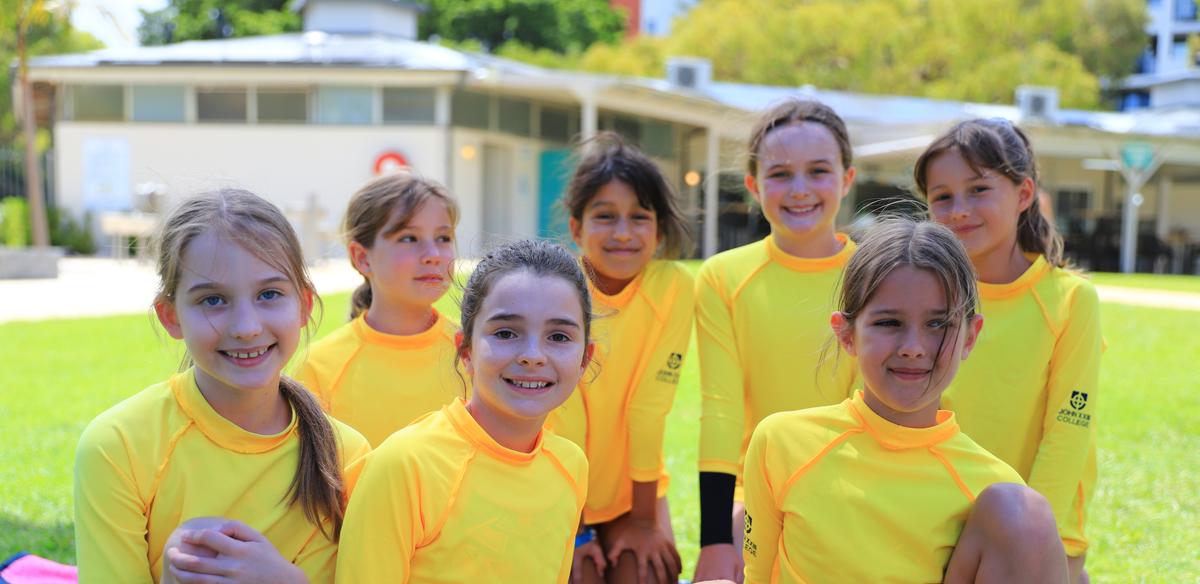Around The Primary
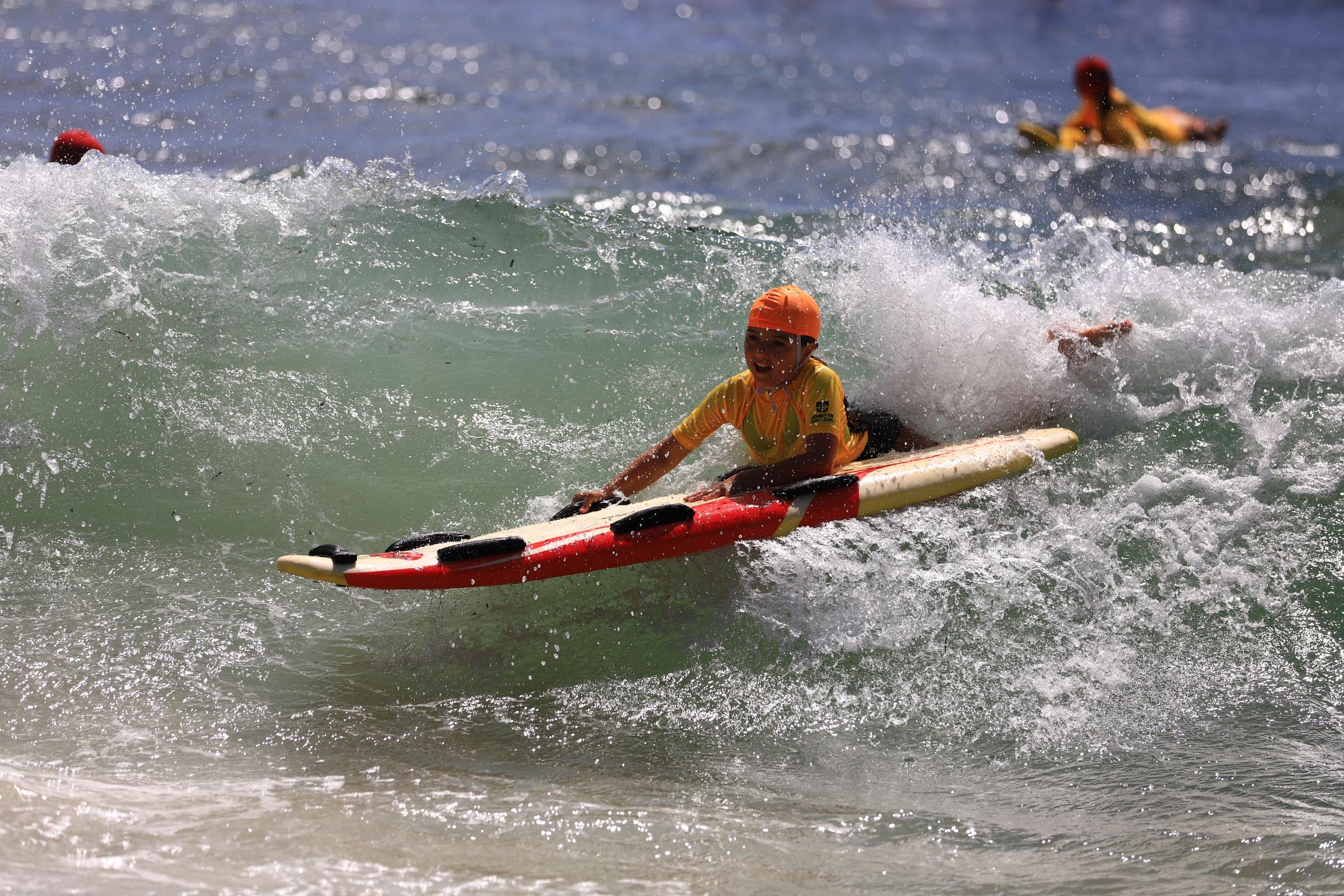
Dear Parents
Thank you for your continued support as we act on advice from the WA Government and CEWA to provide a safe and healthy school environment.
The landscape is continually changing, and we will keep you informed of necessary modifications to school procedures as they occur.
At this point in time,
• Face to face Parent Information Sessions will not take place as planned. Information will be distributed to parents via SEQTA at the end of Week 4. This will include details about class procedures and the core content in each Key Learning Area that students will focus on for the year ahead.
• Parents are permitted on school sites for drop-off and pick-up in outdoor locations only. It would be appreciated if Years 1-6 students are dropped off and picked up at the loop.
• Parents are not permitted to enter classrooms.
• Parent teacher meetings and interviews will occur online or over the phone.
• Parents and caregivers need to continue to wear masks on school grounds and maintain social distancing.
Families are also reminded that any child who is feeling unwell should stay at home and parents seek medical advice if necessary. Normal processes for contacting the school of a child's absence apply.
Unfortunately, we have had to cancel Assemblies and Masses for Term One. Certificates will be presented to students in class throughout the term and parents will receive notification.
The beginning of the school year has seen staff work towards creating a healthy class environment conducive to good learning, establishing classroom guidelines and expectations, good work habits and of course, developing respectful relationships with others.
The teachers are also spending time teaching the skills required for students to use digital tools at home. Seesaw (KG - Year 3) and Teams/OneNote (Years 4- 6) will form the basis of our remote learning programs should we be in a position where remote learning is required.
Once again, thank you for your understanding, patience and cooperation in these constantly changing times.
Kind regards,
Antoinette De Pinto
Head of Primary
Reading Homework
Reading Homework commences next Monday 14 February.
The students will engage in reading or reading related tasks each night (Monday – Thursday) for ‘homework’ throughout the term. Our goal is to ignite the students’ love of reading and for them to discover the magic of reading. By focussing on reading for homework, we hope to provide more opportunity for students to pick up a good book and share it with a family member and read for pleasure, read to learn something new, read to have a laugh or simply just read to relax!
Parents are encouraged to read to their children each day and allocate some family reading time into home schedules.
All students will be required to keep a Reading Log, and this will be provided by class teachers.
Time Allocation
As a general guide, students in the Early Years should spend 10 - 15 minutes per day on reading. As the students move through the Primary years this time allocation would build up to 30 minutes. This enables children (and families) plenty of time to relax, explore, create, imagine, read, exercise, have fun and pursue their own interests, hobbies and sporting commitments after school and on weekends.
Dates to Remember
| Tuesday 15 February | Years 3 and 4 Swimming training begins 3:30pm-4:30pm; College Pool |
| Thursday 17 February | Years 5 and 6 Swimming training begins 3:30pm-4:30pm; College Pool |
Please check the College Website to note all the important Primary school events for your family calendar. http://www.johnxxiii.edu.au/view/for-parents/calendars
SEQTA Kiosk
Late Arrivals, Early Departures, Appointments & Recurring Appointments
As part of our ongoing commitment regarding the safety and duty of care of our students, the College uses an electronic ‘Sign in and Sign Out’ program - ‘SEQTA Kiosk’ for all Primary students arriving late, leaving early or attending appointments during the day (including recurring appointments).
SEQTA Kiosk is available to use on the iPad located in Main Administration. When a student is signed out, a printed ticket with the student’s photo will be produced and this is to be given to the classroom teacher (or teacher on duty if during recess or lunch). If the student is returning to class, they will need to be signed back in on SEQTA Kiosk in Main Administration.
Students are not permitted to ‘sign themselves’ in or out. It is essential for Parents or Guardians to complete this process on each occasion their child/ren need to leave the College grounds.
Mrs Petsos in Primary Administration is happy to assist if you have any queries.
Sports Update
Our Year 4, 5 and 6 students certainly embraced the swimming and beach lessons at Claremont Aquatic Centre and Cottesloe Beach, learning some vital beach safety skills, as well as, developing survival swimming skills.
Today these year groups also participated in Swimming Trials for the upcoming Interhouse Swimming Carnival scheduled for Tuesday 8 March. Special thanks to Mrs Standing for coordinating the trials and to Mrs Taylor and Miss Donovan for their help at the pool.
Next week we commence our after-school swimming training at the College Pool. Please note the timetable/year group allocations below:
| Tuesdays 3:30pm-4:30pm | Years 3 and 4 |
| Thursdays 3:30pm-4:30pm | Years 5 and 6 |
We have a range of extra sporting opportunities taking place before and after school. Some sessions are free of charge and don’t require booking whilst sessions with external coaches require booking and payment. Attached is a summary of all extra-curricular sporting opportunities for the year. This document is also available to view on SEQTA Engage under the Primary Sport tab.
If you have any queries about anything sport related, please don’t hesitate to contact me.
Mr Steve Williams
Primary Sport Coordinator
Counsellor's Corner
Keeping Safe: Child Protection Curriculum
Registration standards for Non-Government Schools Subsection (12.1e) requires the “delivery to all students of a developmentally appropriate protective behaviours curriculum, developed by experts in child abuse prevention, and covering what the boundaries are between appropriate and inappropriate interactions and when, how and who to tell when a boundary is crossed…”
Our Primary staff are trained in the delivery of the Keeping Safe : Child Protection Curriculum. The KS:CPC is an evidence based, best practice curriculum developed collaboratively with child protection experts, teachers, educational leaders and other professionals. It will be taught across the Primary school in Years K-6 throughout the year.
The KS:CPC is based on two main themes which are presented through topics and activities of increasing complexity. The two KS:CPC Themes are:
· Theme 1: We all have the right to be safe
· Theme 2: We can help ourselves to be safe by talking to people we trust.
The two KS:CPC Themes are explored through four Focus Areas, which are examined in growing complexity in accordance with the age of the students. The four KS:CPC Focus Areas are:
· Focus Area 1: The right to be safe
· Focus Area 2: Relationships
· Focus Area 3: Recognising and reporting abuse
· Focus Area 4: Protective strategies
This term across the Primary School we are exploring the first Focus Area of the Keeping Safe Program: The Right to be Safe
Topics covered are - Feelings; Being safe; Warning signs; Risk-taking and emergencies
- Students develop skills to identify their own feelings and the feelings of others and develop awareness of body language.
- Students explore the concept of safe and unsafe and the characteristics of safe places and unsafe places, including online safety. In upper primary students explore their own safety and situations that might be scary, fun, unsafe or a combination of these. Students consider strategies to identify and assess risks and what to do to minimise risk.
- Students learn the concept of early warning signs and the three components: physical indicators (body messages); emotional indicators (feelings); and external signs (clues). Warning signs are discussed in familiar and safe environments to help children recognise a situation where there may be a risk of harm.
- Students develop understandings about emergencies and risk-taking by exploring and examining consequences and making decisions. The concept of personal emergencies is introduced, whereby children may need to break the normal rules in order to remain safe.
Attached are some suggestions from CEWA on how parents can support this learning. If you have any concerns or queries, please me on 9383 0469 or by email; anne.murphy@cewa.edu.au
Mrs Anne Murphy
Primary Counsellor
Primary Choirs
We are looking forward to resuming Choirs next week in a modified rehearsal schedule. Further information will be communicated via email.
If you have any queries regarding Primary Choirs, please contact me via email: catherine.haydon@cewa.edu.au
Mrs Catherine Haydon
Primary Music Teacher
KG 2024 Enrolments
Kindergarten 2024 sibling interviews are taking place soon, please ensure you have enrolled!
Please direct any enquiries to Lizz Schollum, Enrolments' Manager, via email lizz.schollum@cewa.edu.au


